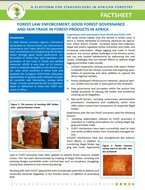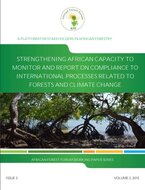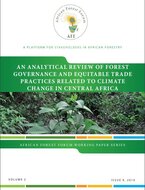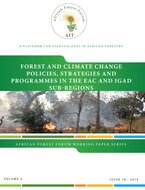Our Goals
500,000+
AFF Members
500+
AFF Staffs
50+
Africa Forest Enhancement
Delineation and goal of AFF’s work
The overall goal is to facilitate creating a favourable environment for conceiving and implementing policies and enforcement of laws and regulations as means towards SFM as a contributor to social and economic development and to environmental improvement.
In this thematic area, AFF, with appropriate partners, will work on relevant aspects of identifying, formulating and promoting policies, legislation and governance measures aiming at improved sustainable and increased forest and tree management and conservation. Likewise, AFF will continue to support African nations and sub-regional and regional bodies in participation in international forest-related policy processes, as well as in the implementation of decisions and recommendations coming out of such processes (through its Technical Support Team).
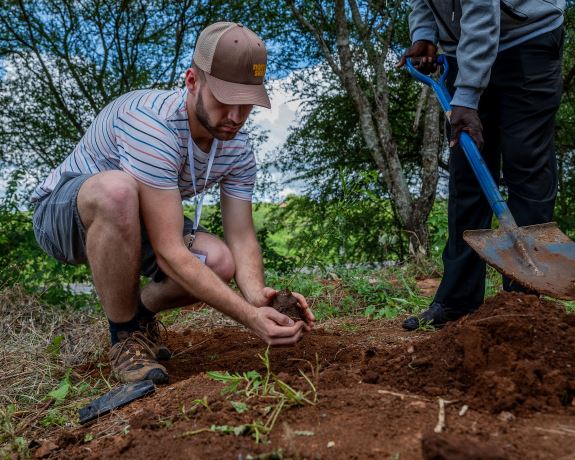
Context
Forest-related policies and legislation in many African countries are out-dated and often also weakly enforced. There is a pressing need to adapt policies to the challenges and opportunities of rapid global environmental and economic changes. Social and economic changes are as important to sustainable development as the environmental changes already under way. Good governance within and beyond the forest sector is an imperative to improving the livelihoods of forest-dependent populations as well as in ensuring the sector’s contribution to national economies, and to reducing illegal logging, forest degradation and deforestation. This also implies providing secure tenure to communities and other local stakeholders who use and manage forest and tree resources. Public sector forestry institutions need to become facilitators rather than just exercising command and control. New and innovative instruments for financing sustainable forest management that increase access to capital markets, value environmental services and mitigate risks can support emerging forest policies.
Examples of subjects, challenges and opportunities to be addressed
National and regional policies; e.g. assess forestry linkages to national, sub-regional (e.g. RECs) and regional policies, plans and initiatives (e.g. GGWSSI); analyse evolution, implementation and potential for improvement of forestry activities related to them..
International macroeconomic and environmental policies; e.g. assess how such policies Agenda 2030 and the SDGs, IAF, MEAs and others) can be facilitated and mainstreamed into sub-regional and national forest policies and plans; strengthen the capacity of Africa to contribute effectively to these global processes (e.g. in UNFF, UNFCCC, UNCCD).
Local forest management and tenure; e.g. evaluate adequacy of forest management and law enforcement approaches employed by the public and private sectors and by local communities and partnerships by the three; enhance good forest governance and trade in forest products and enforcement of laws and regulations (e.g. through FLEGT); examine ways for strengthening professionalism and ethics in the sector; examine what land and resource tenure and user rights policies are required to ensure SFM
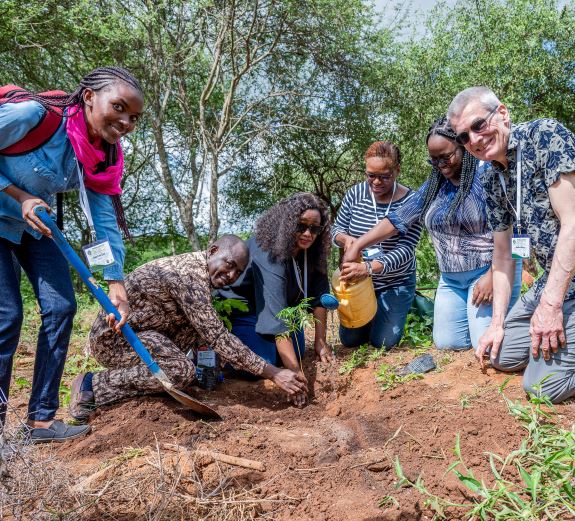
Publications
News
View More
Kenyan Youth Declare Bold Commitment to Forest Conservation and Green Economy Ahead of COP 30
Staff
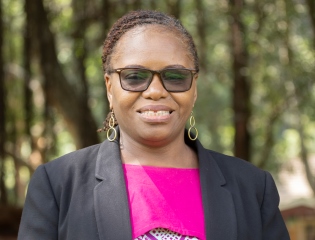
Doris Mutta
Events
See AllInternational Youth Day 2025
6th World Congress on Agroforestry (WCA2025)
27th Meeting of the Subsidiary Body on Scientific, Technical and Technological Advice (SBSTTA-27)
Knowledge Products
View MoreImpact Stories
View More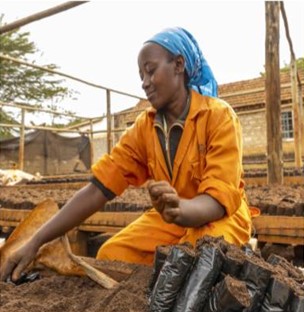

Forest conservation and management
The African Forest Forum (AFF) was set up in 2007 to generate knowledge and build capacity for the vital task of protecting forests, sustaining use and management of its resources as the continent was developing. Over the years its membership has grown tremendously, to include great minds in science, conservation, sustainable development, focused on creating livelihoods and maintaining ecosystems.
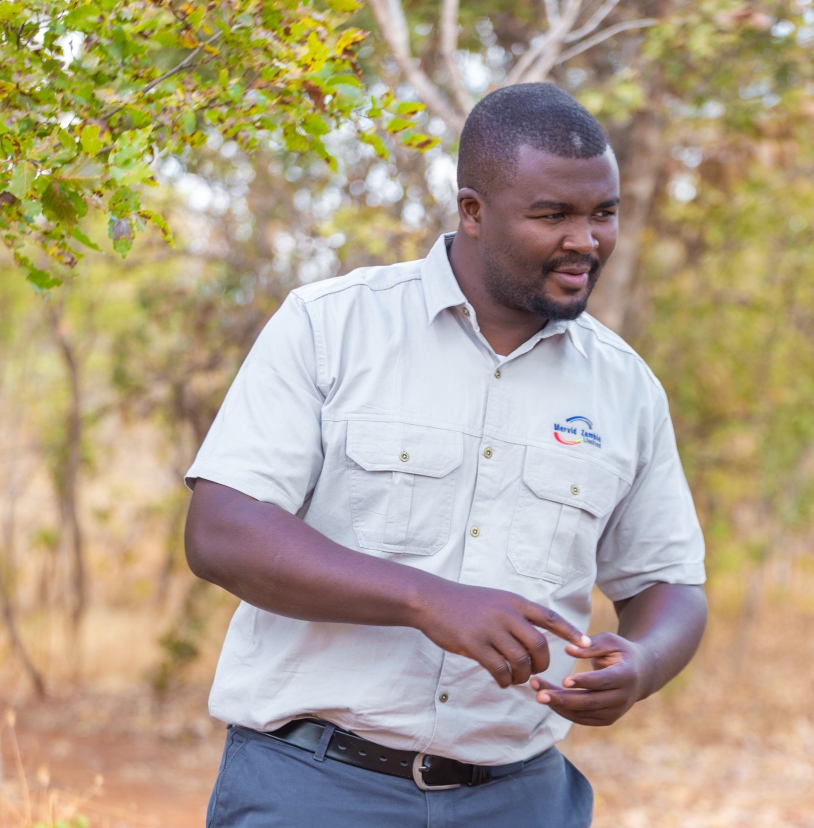

How industry and forests can co-exist
The Lusaka South Multi-Facility Economic Zone (LS-MFEZ) occupies 2,100 hectares of land that used to be the exclusive domain of the Zambian capital’s forest. Now it houses 98 businesses, representing $1.34 billion in investment. Thousands of people owe their jobs to the development of this area.


